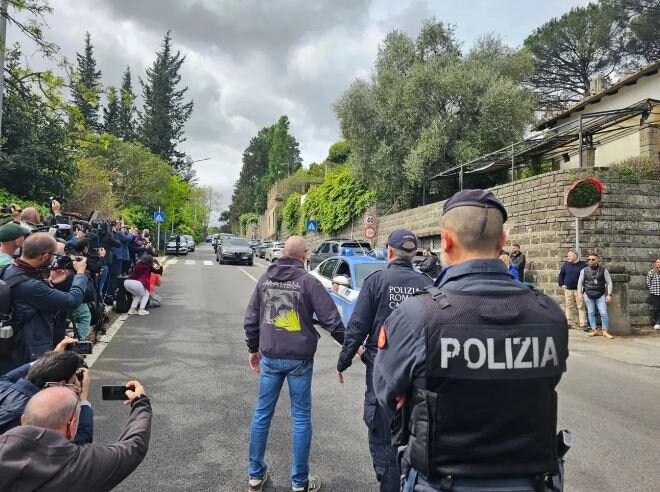West exploited media to influence JCPOA talks and Iran wants to prevent a repeat of that
West exploited media to influence JCPOA talks, and Iran wants to prevent a repeat of that
TEHRAN – Western governments have long wielded the media as a political tool. They use it to justify their crimes against other nations, manufacture consent for future ones, and demonize their adversaries. this practice is as old as World War I, when both sides crafted narratives through newspapers, posters, films, speeches, and cartoons to persuade their people that sacrificing their lives for a conflict of devastating destruction was essential.

In the modern world, the media offers Western states an additional channel of manipulation: it can be used to pressure opponents in diplomatic negotiations, force them to make more concessions, and shape the narrative around any resulting agreement.
In the case of the Joint Comprehensive Plan of Action (JCPOA), the West’s grip on the media and the resulting propaganda campaigns created significant hurdles for Iran’s negotiating team. The U.S. and European parties to the 2015 deal (Germany, France, Britain) managed to create uncertainty within other factions of the Iranian government about what was actually happening in Vienna. They also successfully spread anxiety among Arab states in the region, which had far less friendly ties with Tehran at that time.
However, the West's most significant impact was on the lasting perception of the JCPOA. The Wall Street Journal's publication of the initial fact sheet, which omitted Western concessions and portrayed the deal as a Western victory and an Iranian loss, fueled anger toward the Iranian negotiating team for purportedly “failing” to secure a favorable agreement – a sentiment that somewhat persists even today.
Now, Tehran is once again participating in negotiations regarding its nuclear program after the JCPOA was thrown into disarray by U.S. President Donald Trump in 2018. This time around, however, Iranians are more alert, and American lies are somehow less believable.
Trump, who returned to the White House in January, has already made several attempts to shape the talks to his advantage. Shortly before the talks began on April 12, he stated to American media during a meeting with Israeli Prime Minister Benjamin Netanyahu that the talks were going to be held directly. Another of his attempts involved claiming that Iran had agreed to come to the negotiating table because it was afraid of his threats of military action. However, the reality, according to previous information obtained by the Tehran Times, is that Iran only agreed to enter talks because Trump had said in a letter delivered to the Leader of the Islamic Revolution that he was willing to only discuss the West Asian country’s nuclear program, and not mention its military and foreign policy.
Iranian officials, meanwhile, have been proactive in communicating the state of the talks and countering misinformation. Iran’s Foreign Ministry Spokesman Esmail Baghaei and Foreign Minister Abbas Araghchi are quick to report on the sessions once they are over. And several Iranian media outlets have informed the Tehran Times that accessing the Foreign Ministry for briefings on these indirect negotiations is now easier than it was during the JCPOA's formulation in the 2010s.
This, of course, is a thorn in the side of the West and its stenographers. During the first round of the indirect discussions that took place in Oman, only one media outlet from each side was allowed to enter Muscat. The second round held in Rome last week, however, saw far more journalists throng to the location of the talks.
Several American media outlets seemed to have taken umbrage at the fact that Iran’s negotiating team had allowed Iranian journalists to travel to Italy with them. The Washington Post, for example, claimed Tehran had tried to “control” the narrative of the talks because an IRIB reporter (who was standing next to all other media crews across the street from the compound where discussions were taking place) went live often. (The conditions outside the compound were challenging, with long waits and harsh sun, making it difficult to maintain energy; the IRIB reporter's persistence was notable.)
Similarly, a BBC Persian reporter, who was also stationed outside the negotiating compound, tried to demonize the Iranian journalists present by claiming that they had been “handpicked." The reporter did not specify the basis for this claim or explain any advantages these journalists had over other members of the media covering the event.
It appears that the West even objects to Iranian media covering these developments and to Iranian officials issuing statements. Yet they seem to find no problem with their own media outlets presenting lies or inaccurate information.
source: tehrantimes.com